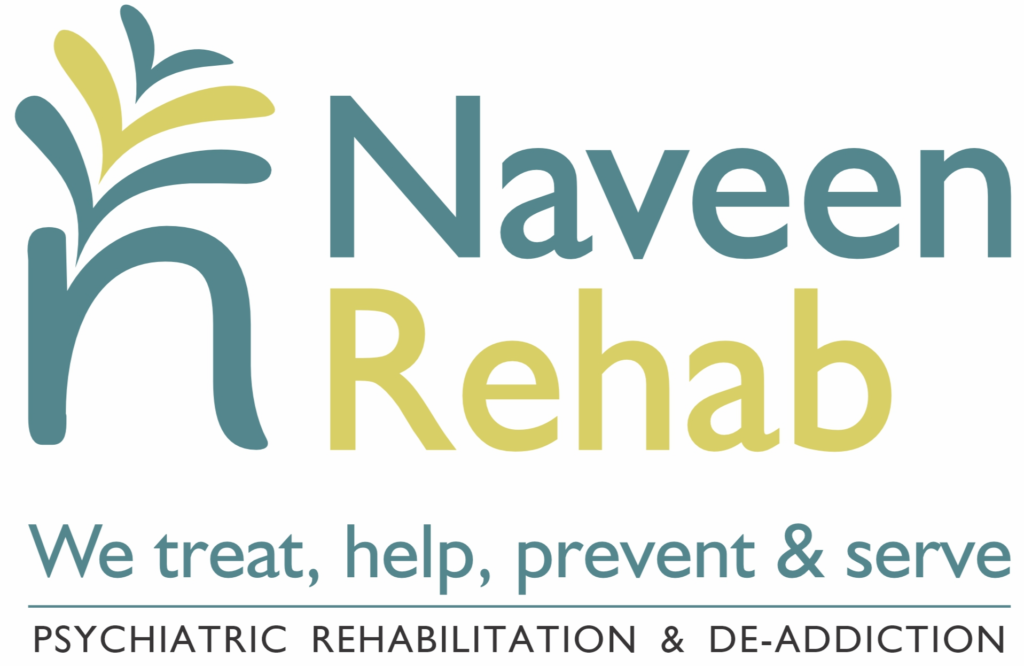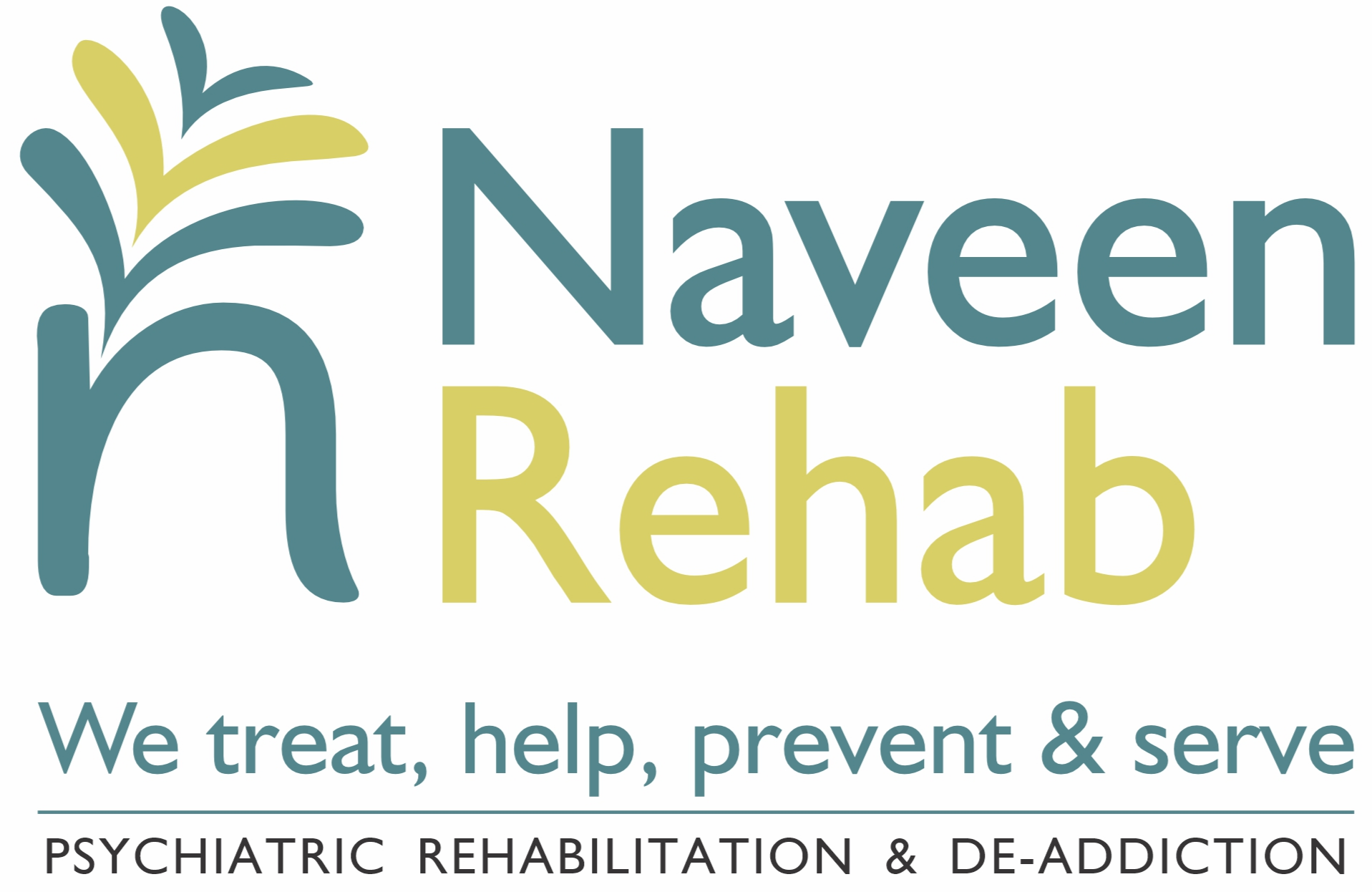Relapse Management
A relapse is not the end of the road. Naveen Rehab can help you get back on track and achieve long-term recovery.
- What is a relapse?
- Why does it happen?
- When does it happen?
- Doing Relapse Management The Naveen Way!
- For Psychiatric Disorders
- The Naveen Way
Relapse is the return to the addiction after a period of abstinence for some time. It’s not uncommon for people who struggle with addictions to relapse after completing treatment, and it doesn’t mean treatment failed. Instead, a relapse signifies that additional and/or a different form of treatment is necessary.
Certain internal or external cues can activate the urge to drink or use drugs, increasing the risk of relapses. Common factors include anxiety, stress, peer pressure, loneliness, interpersonal issues, relationship issues, sleeplessness, and withdrawal symptoms.
Mental health disorders can only be treated to the extent of managing a patient’s symptoms. Mental health relapse is returning to prominent symptoms associated with the mental health disorder and a person’s decreased activities for daily living as the result of those symptoms. Mental health relapse is not something that occurs overnight, it gradually develops over time. Someone who is experiencing a mental health relapse is someone who is seeing the onset of their symptoms once again.
We try to nip the mental health relapses in the bud as quickly as possible because the longer the relapses last, the longer the recovery period. As far as mental health relapses, medications and therapy go hand-in-hand. Depending on the type of mental health disorder, we provide a relapse plan after a detailed inquiry about their past treatment and history. We also ensure that the family members and the affected individual are completely aware of the dos and don’ts pertaining to their condition.



